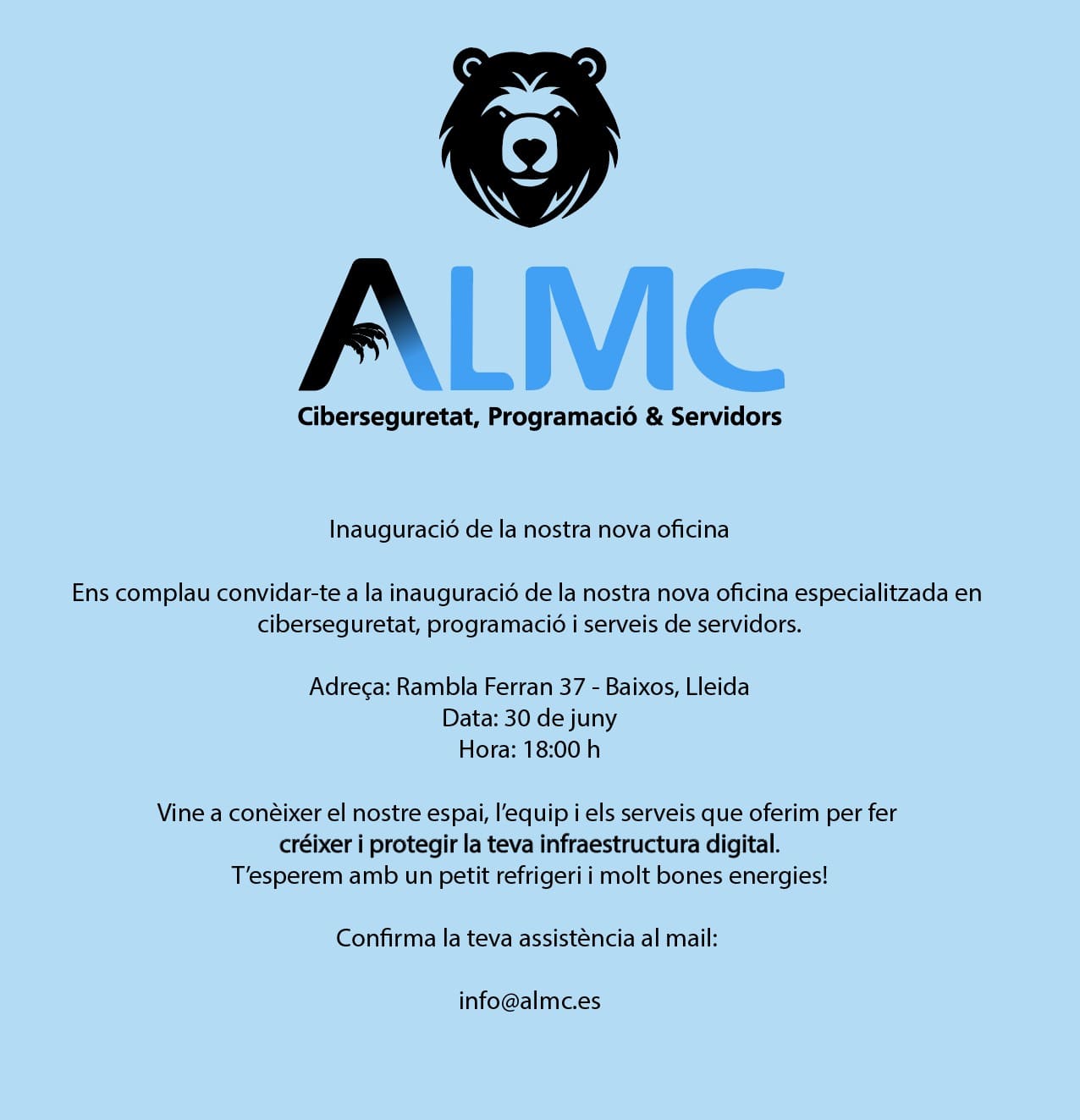MCP Prompt Collector
An MCP server that provides interactive tools for logging, analyzing, and improving your Claude Desktop prompts to help you develop better prompt engineering skills.
Installation
Option 1: NPM Package (Recommended)
# Install globally
npm install -g mcp-prompt-collector
# Or install locally in your project
npm install mcp-prompt-collector
Option 2: From Source
git clone https://github.com/daneb/improver-mcp.git
cd improver-mcp
npm install
npm run build
Setup
Configure Claude Desktop
Add this to your
~/Library/Application Support/Claude/claude_desktop_config.json:For global npm install:
{ "mcpServers": { "mcp-prompt-collector": { "command": "mcp-prompt-collector", "env": { "HOME": "/Users/daneb" } } } }For source installation:
{ "mcpServers": { "mcp-prompt-collector": { "command": "/path/to/your/node", "args": ["/path/to/improver-mcp/dist/index.js"], "env": { "HOME": "/Users/daneb" } } } }Restart Claude Desktop to load the MCP server
Access the dashboard at http://localhost:3456
What It Does
- 🛠️ Interactive Tools: Provides 4 tools accessible in Claude Desktop for prompt analysis
- 📊 Quality Analysis: Scores prompts on structure, clarity, context, and effectiveness
- 💡 Smart Insights: Identifies patterns and suggests specific improvements
- 📈 Progress Tracking: Shows quality trends and improvement over time
- 🌐 Web Dashboard: Clean interface to view history, analytics, and insights
Features
Core Functionality
- ✅ Interactive MCP tools for Claude Desktop integration
- ✅ SQLite database for local storage (no cloud sync)
- ✅ Real-time prompt quality scoring
- ✅ Web dashboard with analytics
- ✅ Automated insights generation
Available Tools
log_prompt- Log and analyze a prompt with immediate quality feedbackimprove_prompt- Get specific suggestions for improving any promptget_prompt_insights- View analytics and patterns from your prompt historyview_stats- Display comprehensive statistics and quality trends
Analysis Engine
- Quality Scoring: 0-10 score based on structure, clarity, and completeness
- Complexity Detection: Categorizes prompts as simple, moderate, or complex
- Technique Suggestions: Recommends optimal prompting techniques
- Issue Detection: Identifies ambiguity, missing context, bias, etc.
Dashboard Features
- Prompt history with search and filtering
- Quality trends over time
- Complexity distribution charts
- Recent activity overview
- Actionable improvement insights
Usage
In Claude Desktop
Once the MCP server is running, you'll have access to these tools in Claude Desktop:
log_prompt
- Use: Log and analyze any prompt
- Example: "log_prompt" with your prompt text
- Returns: Quality score, complexity, and improvement suggestions
improve_prompt
- Use: Get specific suggestions for a prompt
- Example: "improve_prompt" with your prompt and optional goal
- Returns: Detailed analysis and actionable improvement recommendations
get_prompt_insights
- Use: View patterns and insights from your prompt history
- Example: "get_prompt_insights" optionally filtered by category
- Returns: Analytics on your prompting patterns and common issues
view_stats
- Use: See comprehensive statistics and trends
- Example: "view_stats" for last 30 days (configurable)
- Returns: Total prompts, quality trends, complexity breakdown
Development Commands
# Build and run
npm run build # Build TypeScript
npm run dev # Development mode with auto-reload
npm start # Start the MCP server
# Code quality
npm test # Run tests
npm run lint # Check code style
npm run format # Format code
How It Works
- MCP Integration: Registers as an MCP server with Claude Desktop
- Interactive Tools: Provides 4 tools accessible through Claude Desktop interface
- Manual Logging: Users explicitly log prompts using the
log_prompttool - Analysis: Scores quality, detects patterns, identifies improvements
- Storage: Saves everything locally in SQLite database
- Insights: Generates personalized suggestions based on your patterns
- Dashboard: Provides web interface to view analytics and history
Configuration
Default configuration is stored in ~/.mcp-prompt-collector/config/settings.json:
{
"name": "mcp-prompt-collector",
"capabilities": {
"intercept": true,
"modify": false,
"store": true
},
"settings": {
"enhancePrompts": false,
"storageLocation": "~/.mcp-prompt-collector/data",
"dashboardPort": 3456,
"analysisLevel": "detailed",
"retentionDays": 90
}
}
Data Storage
All data is stored locally in SQLite database:
- Location:
~/.mcp-prompt-collector/data/prompt_history.db - Privacy: No cloud sync, complete local control
- Retention: Configurable cleanup after N days
- Export: Full data export capabilities
Development
# Clone and setup
git clone <repo-url>
cd mcp-prompt-collector
npm install
# Development workflow
npm run dev # Watch mode
npm run build # Production build
npm test # Run tests
npm run lint # Code quality
# Testing
npm run test:unit # Unit tests
npm run test:integration # Integration tests
Architecture
- MCP Protocol Handler: Communicates with Claude Desktop
- Storage Manager: SQLite database operations
- Analysis Engine: Prompt quality scoring and insights
- Dashboard Server: Express.js web interface
- Background Worker: Scheduled analysis and cleanup
Privacy & Security
- ✅ Local Only: All data stays on your machine
- ✅ No Cloud Sync: Zero external data transmission
- ✅ User Control: Complete data ownership and export
- ✅ Transparent: Open source, auditable code
Requirements
- Node.js: 18+
- Claude Desktop: Latest version with MCP support
- macOS: Primary support (Windows/Linux coming soon)
Troubleshooting
Server won't start
- Check if port 3456 is available
- Verify Claude Desktop MCP configuration
- Run
mcp-prompt-collector statusfor diagnostics
No prompts showing in dashboard
- Make sure you're using the
log_prompttool in Claude Desktop - Prompts are not automatically captured - you must manually log them
- Check that the MCP server tools are available in Claude Desktop
Dashboard not loading
- Check if server is running on correct port
- Try different port with
setup --port 3457 - Check browser console for errors
License
MIT License - see LICENSE file for details




